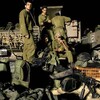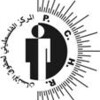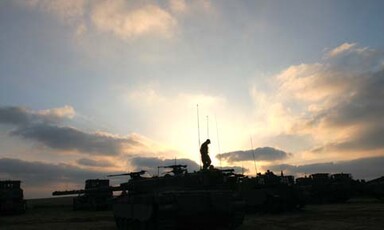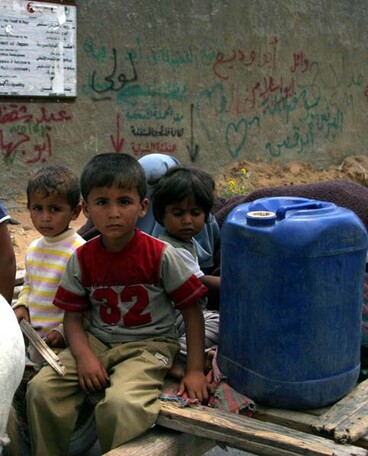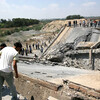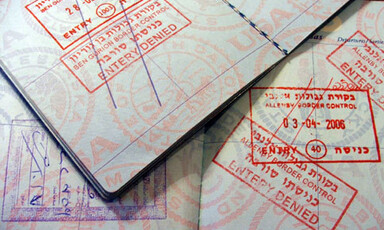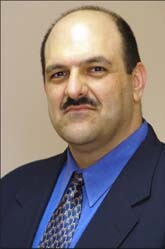
A Race Against Time: An interview with Sam Bahour
28 June 2006
“During the last six months specifically, the Israelis basically in my opinion have been spinning out of control. They have unleashed, literally daily attacks on Palestinians. Unfortunately, the world only sees every once in a while what’s happening there, when there is a camera taking a picture such as the incident when the whole family of civilians was killed on the beach. For the last six years, there’s been a non-stop onslaught in terms of not only killing Palestinians, but also raids into Palestinian cities where they’re actually arresting people on a nightly basis.” Christopher Brown talks to Sam Bahour in Palestine. Read more about A Race Against Time: An interview with Sam Bahour
